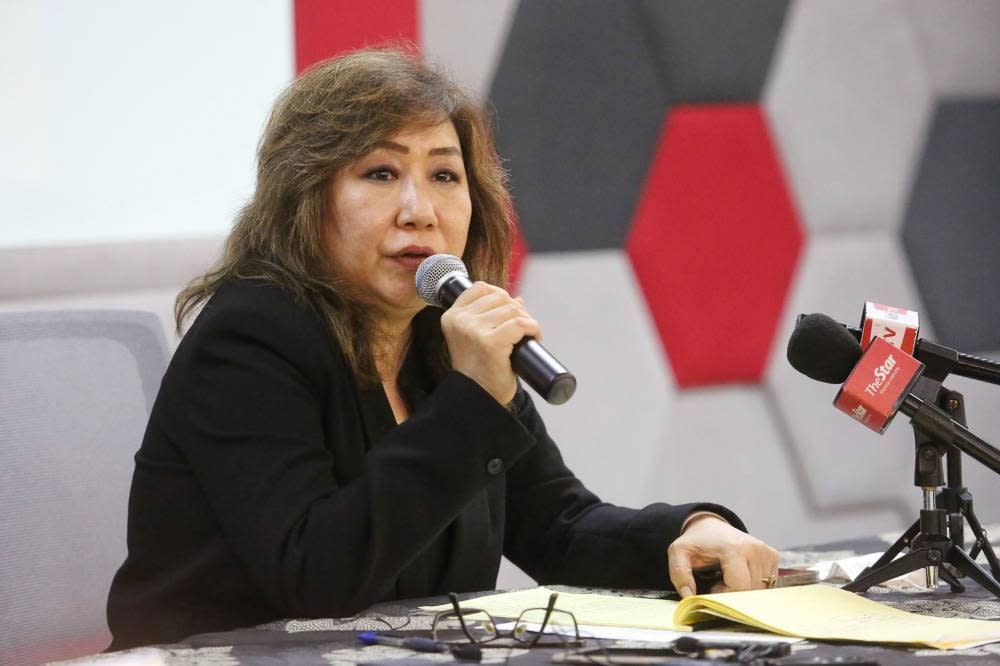Malaysian Bar welcomes Ruler’s call to strip PM of power to appoint panel members who decide on judges

KUALA LUMPUR, Dec 1 — The Malaysian Bar welcomed today the proposal by Negri Sembilan Ruler Tuanku Muhriz Tuanku Munawir to boost the courts’ independence by reducing the prime minister’s power to appoint members of the Judicial Appointments Committee (JAC).
Its president Karen Cheah Yee Lyn called the advice for JAC reforms timely, noting that the call to amend the law that empowers the prime minister to appoint five out of nine members in the JAC started more than four years ago.
“The Malaysian Bar has always had concerns relating to the process of the appointment of judges, which should always be free from the influence of the Executive, because the underlying purpose behind the establishment of a JAC is to maintain the separation between the Legislative, Judiciary, and Executive to ensure transparency at all levels,” she said in a statement.
She said the Malaysian Bar had since 2018 submitted a comprehensive paper to the Institutional Reforms Committee (IRC) to propose ideas to reduce political interference and strengthen the democratic institutions within Malaysia.
As chairman of the 260th meeting of the Conference of Rulers yesterday, Tuanku Muhriz proposed the removal of the prime minister’s role in appointing members of the JAC, a panel which nominates prospective new judges.
He had stressed on the importance of keeping enforcement agencies and the judiciary independent and free from external influence.
The Malaysian Bar said it had submitted more than 60 working papers to “initiate progress in working towards a matured and truly democratic nation”, among them a paper advocating the review of the Judicial Appointments Commission Act 2009.
The body had also advocated for a more inclusive JAC, one that should reflect the country's diversity. “This means an inclusion of the wide spectrum of Malaysia’s rich multicultural and multireligious population, and a reflection of a good balance of the genders and professional practice areas,” Cheah said.
The JAC has nine members, four of whom are the most senior judges in Malaysia, while the remaining five are appointed by the prime minister.
The Malaysian Bar had warned that the selection of eminent persons leaves open the possibility that former members of the executive and public service, members of Parliament and other politicians may sit on the JAC, which could lead to political interference.
“The Malaysian Bar reiterates yet again that the powers of the PM in the judicial selection and appointment process under the JAC Act be removed, so as to ensure independence of the JAC to run its own affairs, and that a Parliamentary Select Committee on key matters be possibly involved to provide check and balance.
“These reforms would be necessary to uphold the independence of the Judiciary,” Cheah said.



